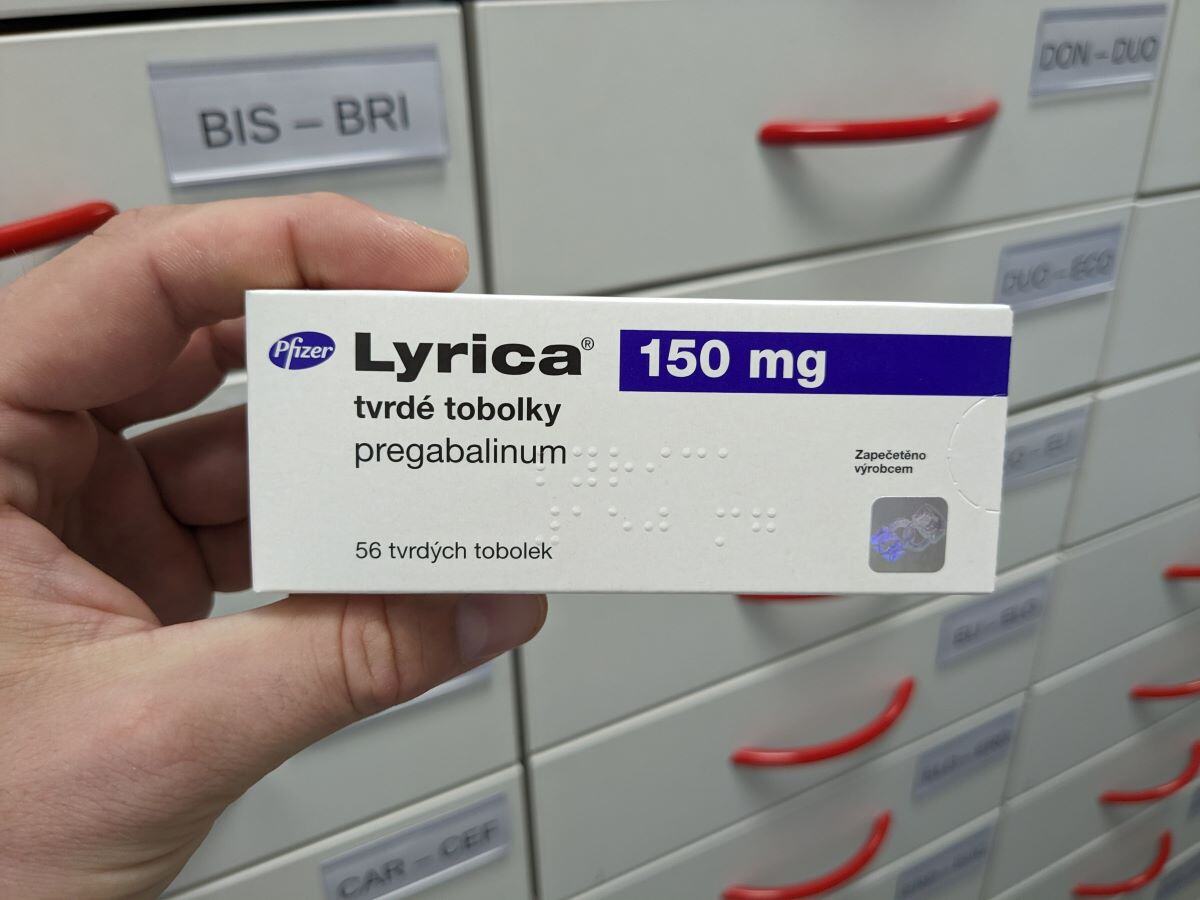Lyrica can definitely be addictive. If you’ve been prescribed Lyrica (pregabalin) or started taking it because of the “buzz” it gives, you need to know the risks. While it’s prescribed for seizures, nerve pain, and anxiety, misuse can lead to dependence and harmful effects. Some people misuse it to chase the pleasurable after-effects, while others turn to it as a way of coping with pain or distress when they feel like they have no other option.
But what starts as relief, or even curiosity, can quickly turn into something dangerous. Recreational use of Lyrica is often mixed with other drugs, including opioids or alcohol. That combination may feel good in the short term, but it can cause lasting damage, overdose, or even death. What seems like a quick escape can trap you in dependence that’s much harder to break free from than you might think.
Key Takeaways
- Lyrica (pregabalin) is a medication prescribed for nerve pain, seizures, and anxiety.
- It can be addictive, especially when misused or taken in high doses.
- Signs of addiction include withdrawal symptoms, cravings, and difficulty functioning.
- Misuse can lead to serious side effects, including hospitalization and mood changes.
- Certain groups, such as those with a history of substance abuse or chronic illness, are at higher risk of Lyrica addiction.
What Is Lyrica Used For?
Lyrica is a medication approved by the Food and Drug Administration (FDA) to effectively halt seizures. It is an anticonvulsant, which means that pregabalin - the active ingredient in the drug - interacts with the chemicals in the brain to calm overactive nerves, effectively stopping seizures.
Lyrica also provides pain relief for chronic illnesses such as diabetes, fibromyalgia (nerve pain), spinal cord injuries, and herpes zoster. It is also prescribed for post-surgery pain and to manage anxiety disorders. Lyrica is usually prescribed in tablet form to be taken orally, although it can also be consumed in liquid form for children.
For some, the relief Lyrica provides can turn into self‑medication. When pain, anxiety, or exhaustion feel overwhelming, taking more than prescribed may seem like the only option. You’re not alone. Avenues Recovery has helped many people in situations like yours, offering compassionate, expert support to break free and regain control.
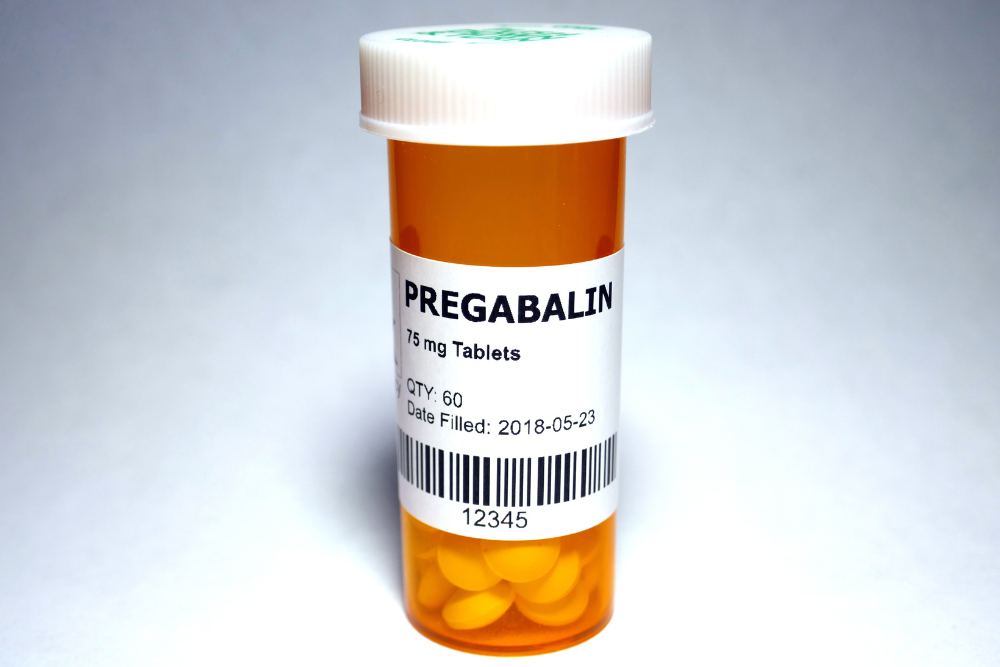
Is Lyrica an Opioid?
No, Lyrica is not an opioid. It is an anticonvulsant that works by calming overactive nerve signals in the brain. Opioids, which are legally considered narcotics, relieve pain by binding to opioid receptors in the brain and spinal cord. People sometimes confuse Lyrica with opioids or narcotics because misusing it can produce feelings of calm or euphoria, but Lyrica works differently and carries a different risk of dependence.
Is Lyrica A Controlled Substance?
Yes, Lyrica is a controlled substance in the United States. It’s regulated because, while medically useful, it can still be misused or lead to dependence.
What Schedule Drug is Lyrica?
Lyrica is classified as a Schedule V controlled substance in the United States. This means it has accepted medical use, but there is some potential for Lyrica dependence or misuse. While the risk is lower compared to drugs in higher schedules, Lyrica pills can still be addictive and harmful if abused, which is why it is tightly regulated and only available by prescription.
How Addictive Is Lyrica?
Lyrica (pregabalin) is considered moderately addictive compared to many other substances. People often compare its misuse potential to benzodiazepines (like Xanax or Valium), since both can create feelings of calm or euphoria.

In a study conducted by the BMJ journals, researchers reviewed all the cases of drug abuse that had ended up in their Emergency Department in one year, and found that ten of those patients were using Lyrica recreationally. All patients were between 20 and 35 years of age, six had seizures (5 of them for the first time), two had to be ventilated and intubated, and nine had to be hospitalized for at least 24 hours. Additionally, around 1 in 500 people using Lyrica may harbor suicidal thoughts, which can lead to suicide.
Who Is Most at Risk of a Lyrica Addiction?
Although anyone can develop an addiction to pregabalin - or any addictive substance - some people are at greater risk. Specifically:
- People who have a history of substance abuse (whether with Lyrica or other drugs)
- People who struggle with mental health disorders
- People who are chronically ill or need a high dose of Lyrica to relieve themselves of pain
- Elderly people
If you see yourself in any of these groups, it doesn’t mean addiction is inevitable, but it does mean you should be especially mindful of your use.
How Does Lyrica Make You Feel?
Lyrica medication can make you feel calmer, more relaxed, and relieved from nerve pain or anxiety. When taken as prescribed, it works by calming overactive signals in the brain, which helps with seizures, anxiety, and chronic pain. Many people describe feeling less tense and more at ease. However, when misused or taken in higher doses, Lyrica can have a very different effect.
Can Lyrica Get You High?
Yes, Lyrica can cause a high when misused. Some people report feelings of euphoria, calmness, or intoxication similar to being drunk. This is why it has sometimes been nicknamed “Budweiser.” While the risk of abuse is lower compared to opioids or stimulants, recreational use can quickly become dangerous, especially when mixed with alcohol or other drugs.
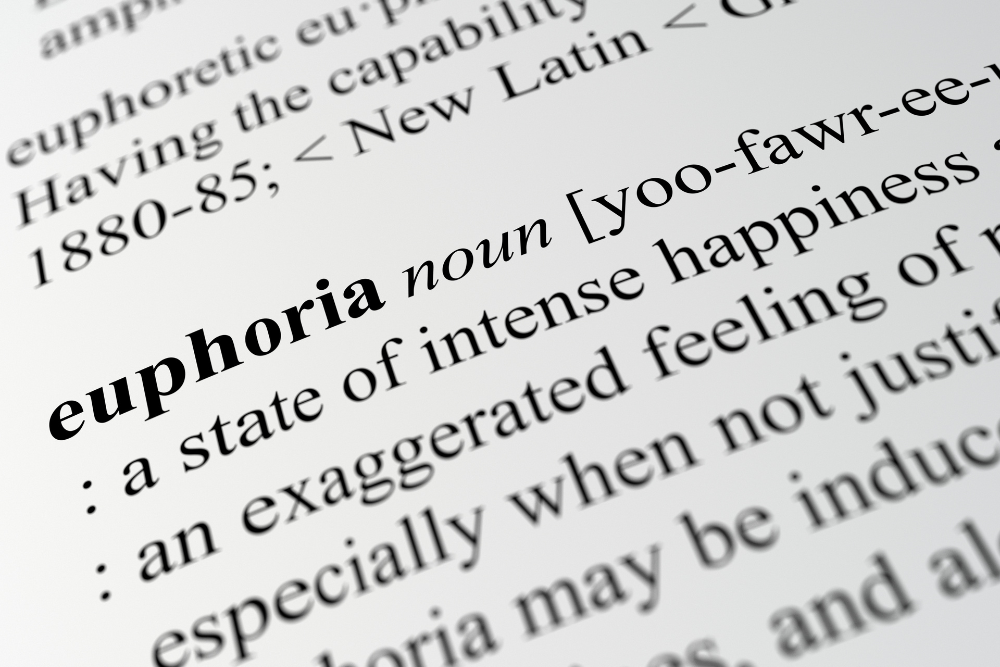
What Are the Side Effects of Lyrica?
Lyrica can cause unpleasant physical and psychological side effects, even when prescribed and taken according to the doctor’s recommendations. Some people develop an allergic reaction that produces hives on the skin, swelling, and difficulty breathing.
Other physical side effects, which are more likely to occur if a person has kidney disease, heart disease, or lung disease, include:
- Dizziness
- Vision problems
- Hypertension
- Weight gain
- Tremors
- Difficulty breathing
- Aggression
- Drowsiness
Lyrica also causes psychological effects, especially in people who have a history of mental health disorders. These include:
- Depression
- Anxiety
- Suicidal thoughts (about 1 in 500)
- Panic attacks
If you or your loved one experience any of these side effects from prescribed Lyrica medication, it is best not to stop taking the drug abruptly. Stopping Lyrica cold turkey can cause uncomfortable or even dangerous withdrawal symptoms, such as headaches, worsened seizures, digestive problems, sweating, nausea, insomnia, and diarrhea.
Rather, notify your doctor immediately to help you gradually decrease your dosage.
What Are the Signs of a Lyrica Addiction?
Addiction to Lyrica often develops gradually, and the signs can show up in both behavior and physical health.
Like any addictive drug that is used recreationally, people may notice the adverse side effects and want to stop using the substance of choice, but will find it almost impossible. They may realize that they are not functioning optimally and their relationships and other responsibilities may suffer. They may experience withdrawal symptoms after the pleasurable effects of the drug wear off, but quitting the drug altogether is out of reach. Watch out for the specific signs of Lyrica abuse (in addition to those mentioned above) so you can identify a Lyrica addiction in yourself or your loved one:
- Cravings for Lyrica
- Taking larger doses of Lyrica pills than prescribed
- Getting multiple Lyrica prescriptions from different doctors
- Risky or impulsive behavior
- Mood swings
- Insomnia or drowsiness
- Memory loss
- Paranoia
- Aggressive or violent behavior
- Weight gain or loss
- Unexplained physical ailments
If you suspect that you or a loved one may be addicted to Lyrica, it is advisable to take action right away to ensure the least damage is caused to the user and those around them.
What Are the Effects of Combining Lyrica With Other Substances?
Mixing Lyrica with other substances can amplify the negative side effects, such as increasing drowsiness and dizziness.
Lyrica is often mixed with other substances, such as alcohol, heroin, and opiates, to increase its euphoric effects. This is highly unadvisable, as it significantly raises the risk of serious health complications, including respiratory depression, impaired coordination, and overdose.
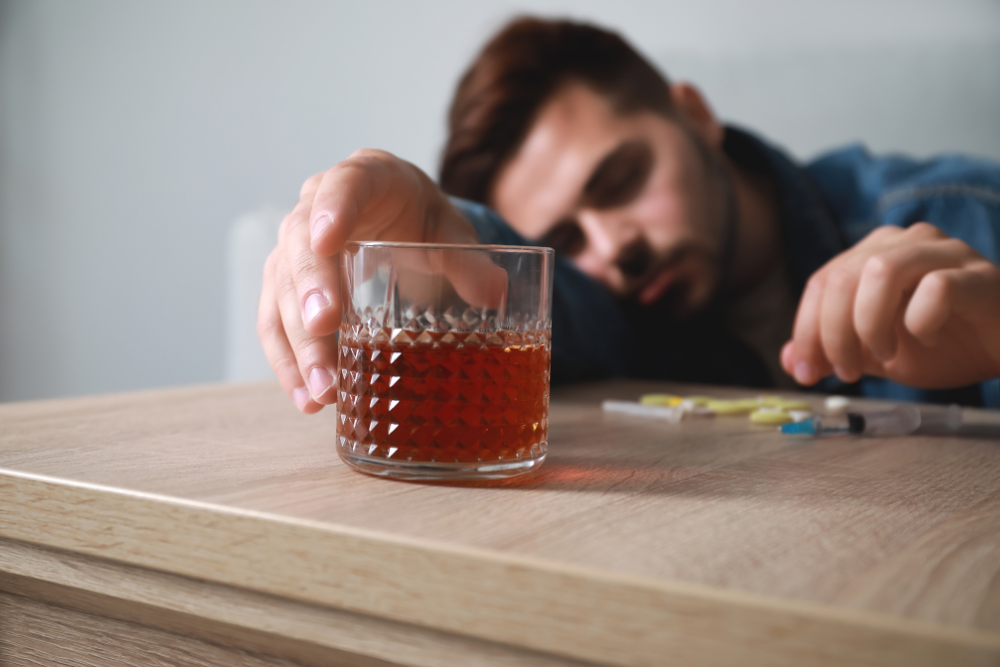
For those who find themselves struggling with misuse, professional detox and rehab programs offer support and medical care to safely manage withdrawal and start recovery.
Can You Overdose on Lyrica?
Unfortunately, Lyrica abuse can have devastating results, leading to overdose in some cases. Here are some signs to look out for if you suspect a loved one may have overdosed on Lyrica:
- Mood swings
- Sweating
- Confusion
- Problems breathing
- Irregular blood pressure
- Irregular heart rate
- Tremors
- Drowsiness
- Loss of consciousness
Suicidal thoughts while taking Lyrica can be frightening and overwhelming, and can lead to the user taking action to end their life. If you or your loved one is taking Lyrica, either under the supervision of a doctor, or recreationally, look out for these signs so you can identify suicidal thoughts and take action to prevent your loved one from committing suicide:
- Obsession with death or dying
- Insomnia
- Panic attacks
- Extreme depression or anxiety
- Manic behavior, such as increased energy levels
- Aggression or violence
Lyrica Addiction Treatment
Lyrica addiction, like any addiction, controls the lives of those addicted. The user is dependent on the drug to function, although the side effects are unpleasant and even dangerous, and the quality of life is greatly decreased.
But it’s important to know that there is a way out of addiction. You can live a beautiful, drug-free life with the right support, framework, and determination to succeed. Avenues Recovery Center provides a medically supervised detox, beneficial therapies, and all the support you need for a drug-free life. Our staff are experts in the addiction field and have helped thousands of people turn their lives around. No one is beyond hope. Contact Avenues Recovery today to take your first step towards freedom.
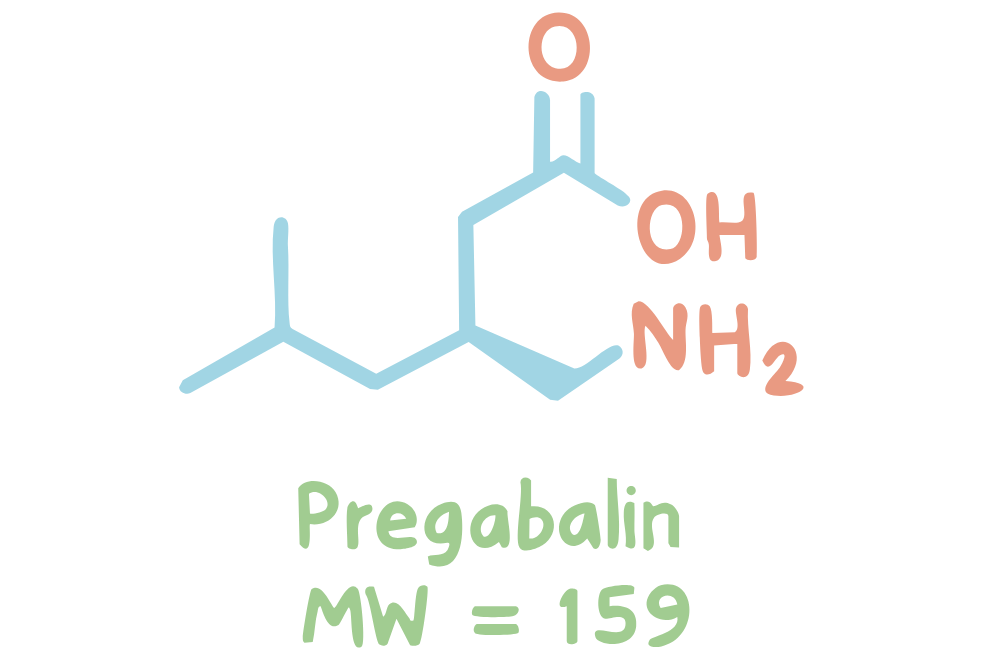
FAQs About Lyrica Addiction
-
Does Lyrica give you energy?
Lyrica is not designed to boost energy. It’s prescribed for nerve pain, seizures, and anxiety, and it often causes drowsiness or dizziness rather than stimulation.
-
What does Lyrica look like?
Lyrica comes in capsule form, with different colors and markings depending on the dosage. Always check with a pharmacist or doctor if you’re unsure about a pill’s identity.
-
How long does it take to get addicted to Lyrica?
The timeline for Lyrica addiction varies, with some people developing dependence in a matter of weeks, while others not. Risk increases with higher doses or use outside medical guidance.
-
Can you snort Lyrica?
Lyrica can be snorted and is common among people who abuse it because the euphoric effects are felt faster that way. However, snorting Lyrica can cause serious harm, including overdose and breathing problems. The medication is only safe to take as prescribed, by swallowing capsules.


